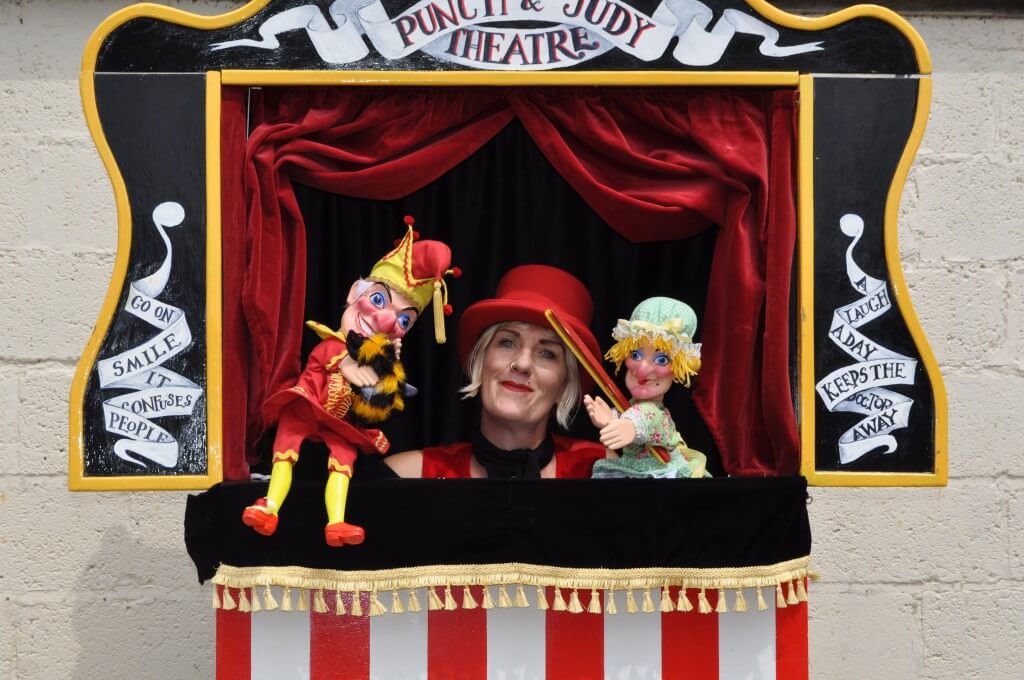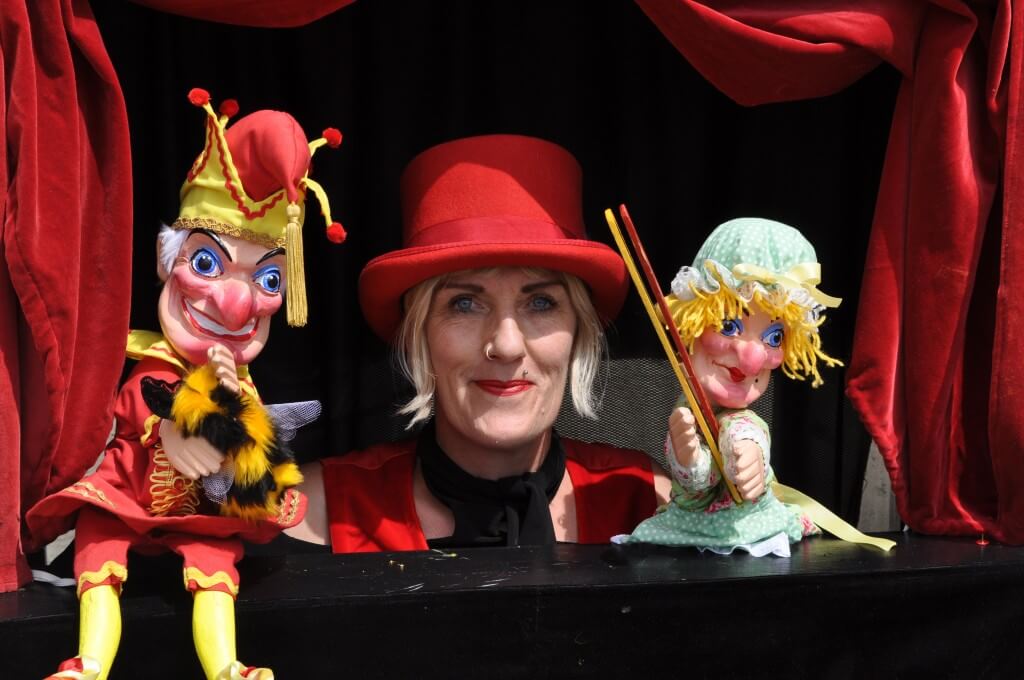I have spent many years in the conservation field and have worked for various national organisations including The Wildlife Trust and more recently as Education Officer for the RSPB. I now run my own Outdoor Education /Forest School business called Green-Trees.
I feel passionately about the need connect children with the wonders of the wildlife and nature on their doorstep, because as the future custodians of our planet it is vital that we engage children and get them outside as young as possible; particularly given the statistics which show that children in the UK spend less and less time outdoors.
The negative physical, emotional, social and educational impacts resulting from children’s increasing disconnection from nature and the great outdoors have at least been recognised and are beginning to be quantified. Terms such as “Nature Deficit Disorder” are also being commonly used to describe this worrying trend.
Thus, to use the RSPB’s mantra “Children Need Wildlife and Wildlife Needs Children”. With this in mind, I continually strive to find new, fun and innovative ways to engage children with local wildlife and to this end I use a range of fun, practical, hands-on activities, including puppets!
Professor Queen Bee presents: “Its Bee-Hind You”.
When I was made redundant from the RSPB, I decided to use my redundancy money on setting myself up as a Punch and Judy Professor (the term for a P&J performer) – but with a difference! I had been interested in Punch and Judy for some time and I often use puppets in my work with children. With my teaching background, I was already well versed in “performing” and handling “crowds”, but I then had to spend many long hours mastering my puppets and using my swazzle, the instrument which gives Mr Punch his distinctive, and some say haunting, “voice”.
I am now known as “Professor Queen-Bee” as I have just spent the summer touring my new show which weaves in lots themes around conservation and sustainability, but in particular it focuses on the plight of bees and wildflowers in the UK. To this end, Judy (who is based on the Archer’s character Linda Snell) is a bee keeper and the naughty Mr Punch kills one of her bees and makes it into yellow and black stripy sausages – which are then eaten by the crocodile (blooming non-native species). The policeman is livid, and shouts “Does the fool not realise that bees pollinate every third mouthful for food we eat?”
Prince Charles (the puppet version) then appears and explains how bees face many threats already, so the last thing they need is for puppets to go around killing them too! He then tells everyone how they can to do their bit by planting wildflowers and encourages the audience to join him in singing to his flowers in order to help them grow! Mr Punch does eventually get his comeuppance when The Devil takes him away after complaining that without bees “You ‘orrible human beings would be wiped out in 20 years and I would not have any more customers down there!!”
At the end of the show I have lots of information available from Bumblebee Conservation, Buglife, RSPB and Plantlife and given my background, I am often barraged with questions on meadow creation after the show!
As I hope you will agree ……………”That’s the way to do it”. Did I hear you chant “Oh no it isn’t!”? as in reply, all I can say is: “OH YES IT IS!”
For more information contact me at [email protected] or find me on Facebook at ‘Professor Queen-Bee’.


Everyone keeps talking about this and it gets more and more frustrating because environmental studies should be in all schools in some form. I just want to see masses of kids being engaged through the school curriculum. Field trips, outdoor sessions and hands on learning stuff. It could be brought in to nearly every subject in some way if it was done properly. I know I keep going on about it, but it really does matter.
Findlay – thank you. You keep going on about it!
PS looks like I’ll be at the North West Bird Fair in November – see you there? I’ll see you on Friday too.
It is nice to see more and more independent people trying to encourage young children to learn about the natural world. I know how hard it is to get started and be recognised. The BBC Wildlife recently wrote this about one of my books which is a real gem and some thing you just can’t buy with advertising. – Screamer the Swift by John Miles made it into the ‘4 of the best’ children’s books in the BBC Wildlife Magazine. Anyone with young children who wants to introduce them to the natural world and help spark a love of wildlife should consider buying one of these titles. Hope you have success Teresa or should I say Professor Queen Bee!
I could not agree more about getting more outdoor learning embedded into every subject on the new National Curriculum. However, as a practitioner, I am increasingly faced with a second generation of teachers/parents who have themselves not spent much time outside, so it is literally not on their radar to use the great outdoors as a resource. In fear of sounding patronising, some even see it as a rather scary place, which is understandable if you yourself are not used to getting out there. Even issues such as dressing appropriately in all weathers can be a “real” problem.
Whilst the Council for Learning Outside Classroom (LOtC) and organisations such as the RSPB have done much to try and get more outdoor learning on to the new curriculum, which is to be applauded, I personally feel that more should also be done to help train teachers and other education providers – particularly given the statistics which show the huge decline in time spent outside at home. I regularly run CPD sessions in school grounds to help teachers use their local outdoor space and to view it an “free” resource and a valuable extension to the classroom. I also lecture on a PGCE and NQT courses giving practical help and advise on how to deliver all areas of the curriculum outside, and of course the dreaded subject of ‘elf and safety, but my typical 2.5 hour slot is all they will receive on the subject!
So, as many children return to school this week and teachers start delivering the new National Curriculum, I urge them to look out of their classroom windows and see what they have on their doorsteps (no matter how small) and to think about Outdoor Learning when booking their CPD for the new academic year ahead. Or visit a local outdoor study/environmental studies center who are often more than happy to point you in the right direction of resources etc. We owe it to children and to nature! Teresa Verney-Bookes/Professor Queen-Bee
in the Californian almond growing areas hundreds of thousands of bee hives are used to pollinate commercial crops. In the San Joaquin valley out of 150,000 hives used 80,000 hives were believed to be killed or partially destroyed by pesticides sprayed on the plants when they were flowering during the day when bees were active. Two questions arise
1/ Do we really want to be eating crops sprayed with these toxic chemicals
2/ Should potentially highly toxic chemicals not be completely banned
california-almonds-killing-bees
If the government had any balls/interest/conviction they would prioritise outdoor learning and nature classes. Too often teachers who have an interest are forced to beg for occasional day trips only to be reminded of slashed budgets. And all the while knowledge of what is out there beyond the classroom window diminishes . . I applaud your efforts though, as there are some in power that can connect the dots
This is the link that I was originally looking for
neonicotinoids-implicated-in-mass-poisoning-of-bumblebee-queens
The whole population needs educated not just the children although I agree that this is a good place to start. Teresa your show is desperately needed in the House of Commons, at Political Party Comnferences and to the adult population in general. This above incidence of bee poisoning may well have been avoided if our government had taken the threats more seriously